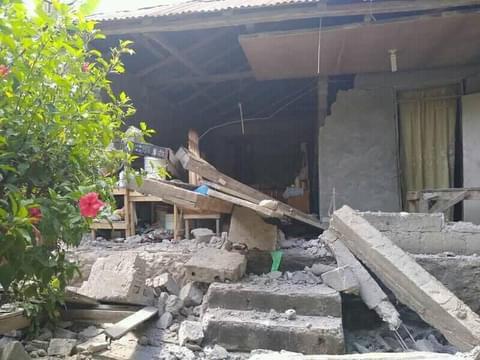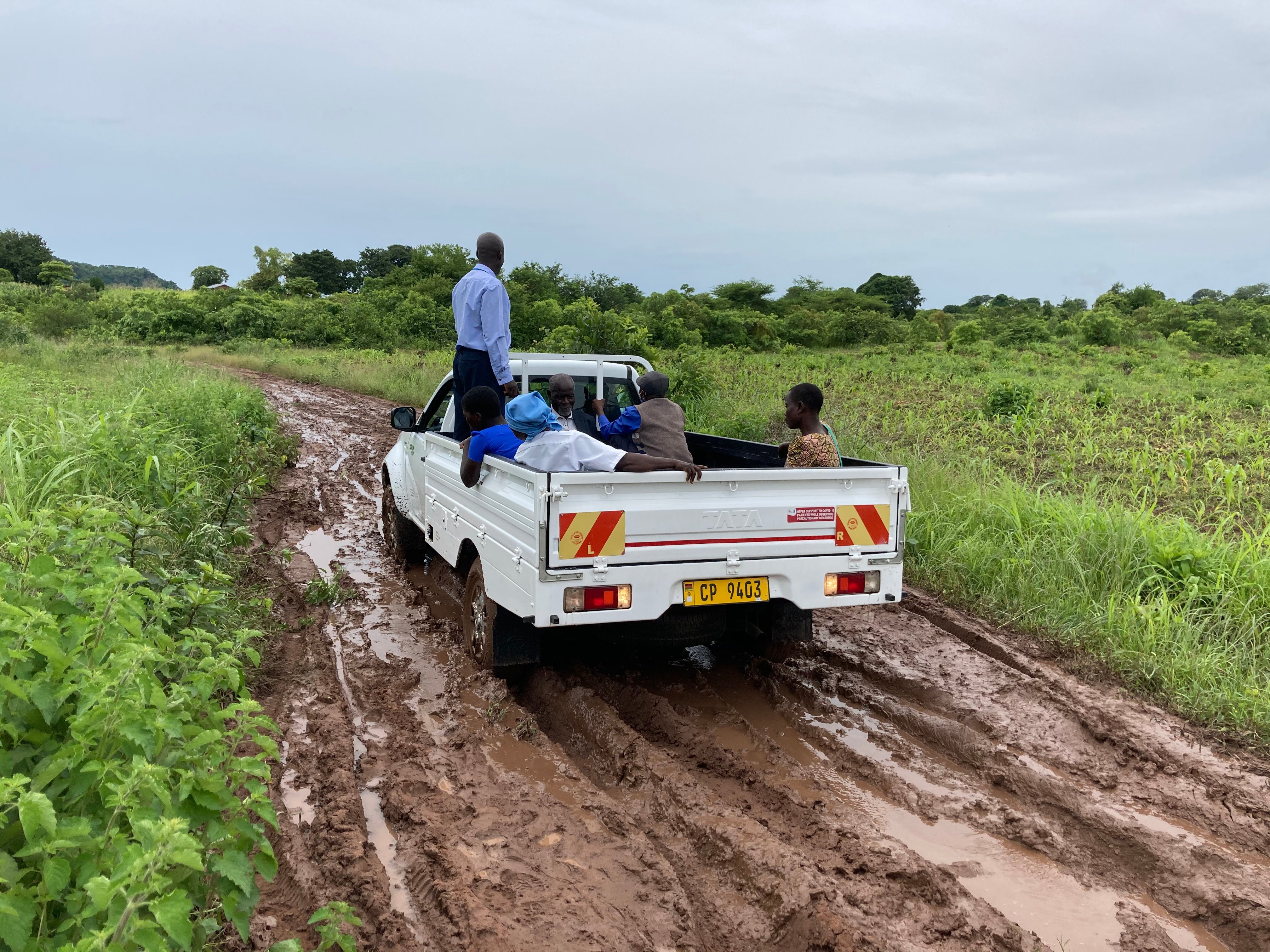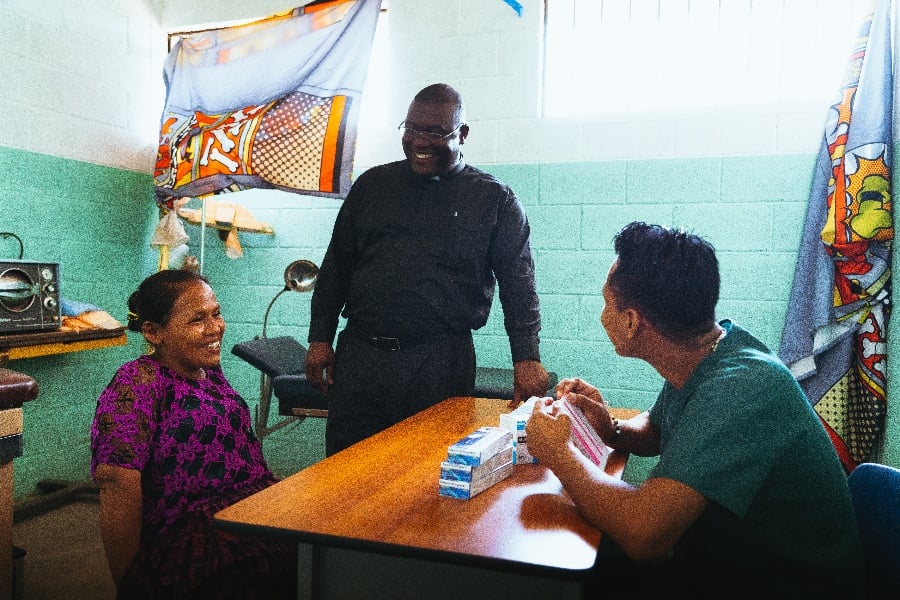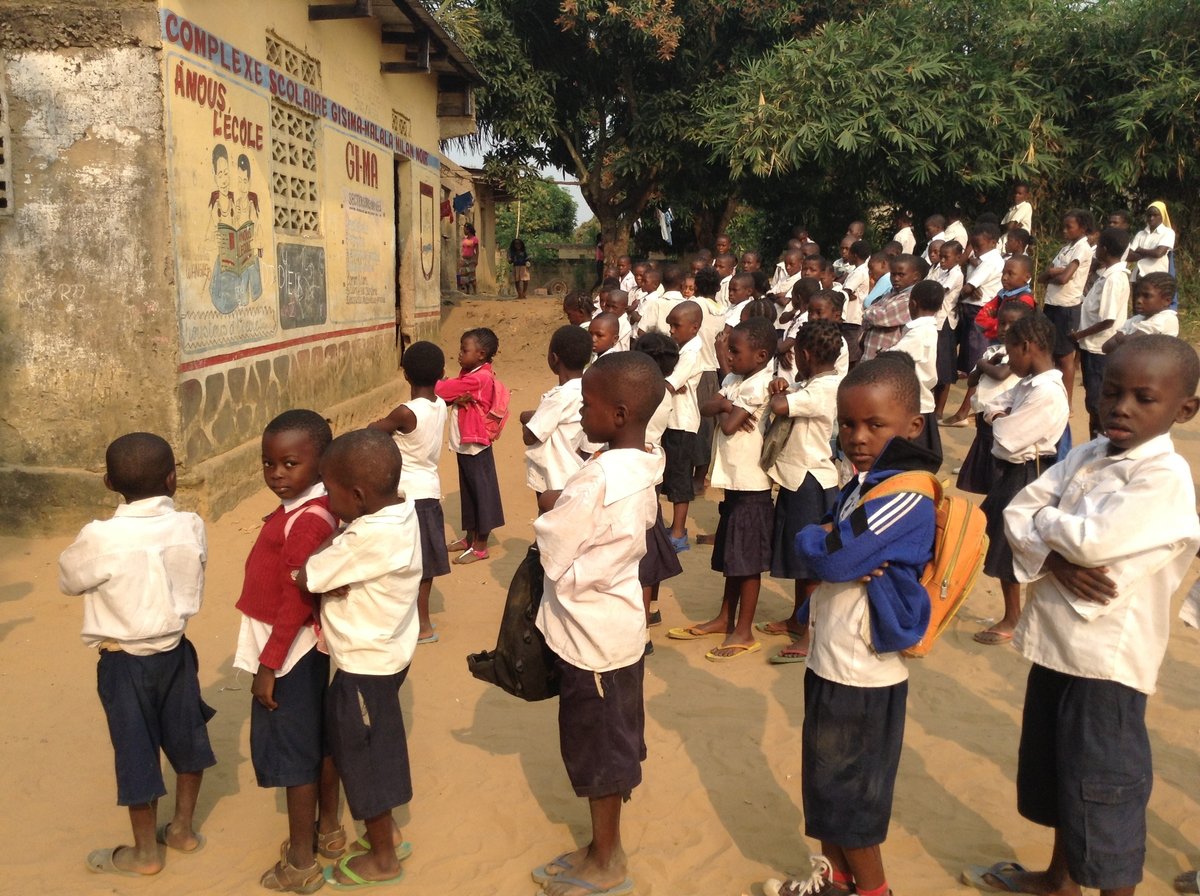 The future, be it of one person or the whole of a nation, always needs to be prepared. Deeply rooted foundations contribute to the success of such preparation. Seeds planted and cultivated during childhood typically prepare the foundation of us as human beings. From a societal perspective, a better future for our people is only possible if we all take responsibility to ensure that a solid foundation is being built.
The future, be it of one person or the whole of a nation, always needs to be prepared. Deeply rooted foundations contribute to the success of such preparation. Seeds planted and cultivated during childhood typically prepare the foundation of us as human beings. From a societal perspective, a better future for our people is only possible if we all take responsibility to ensure that a solid foundation is being built.
Our future here in the Congo depends largely on the potential that we impart to our children, and the solid foundation that we establish in them and for them. The primary building blocks for the youth of any society should include a durable education, adequate health care and facilities, support in core values, and strong mentoring in essential skills.
Looking at the situation of most of the children in the outskirts of Kinshasa, the capital of Congo, I wonder what kind of future is in store for the children and for the country at large.
Many Street Children Are the Breadwinners for Their Families
When you move around the streets of Kinshasa, you typically encounter the very common phenomenon of street beggars. Recently, the number of children (between the ages of 6 to 12) who swarm the vehicles at traffic lights and street corners striking. They are sometimes trying to sell small good or services, but more often are simply begging. Faced with this reality and filled with pity, it is reasonable to feel obliged to give something.
In speaking with them, I have learned that many come into the city from the distant outskirts of Kinshasa. Not only do most report that begging is their only means of survival, sometimes they are even relied upon as the “bread winner” for their family—families who are clearly incapable of providing even the basic necessities.
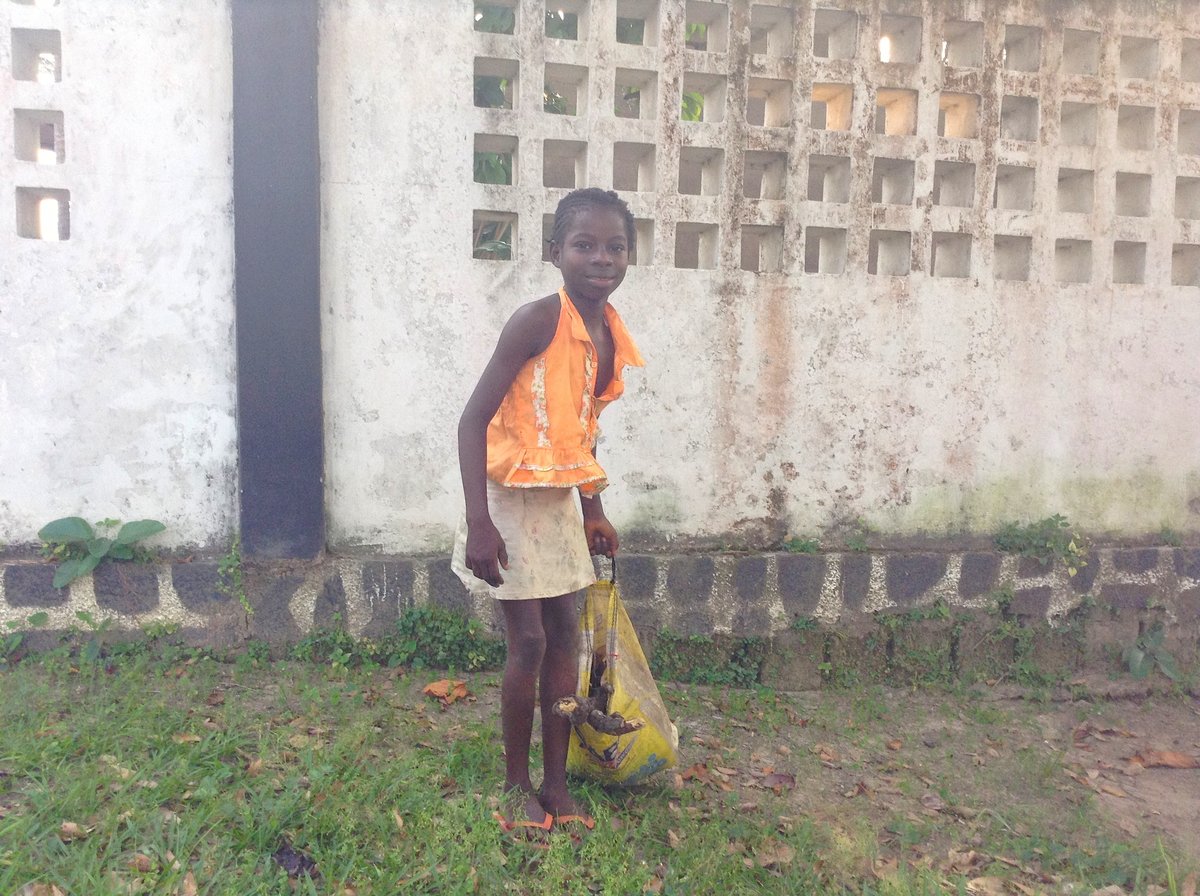
These children “work the streets” the whole day through. Those with families only return to their homes at sunset: the others find their shelter on the streets and in the alleyways. Clearly this lifestyle prevents these children from attending school. The family dynamic for these children is dysfunctional at best; they are robbed of the simple support and promotion a child needs to develop into a confident and capable adult. Their situation becomes a paradox for those who want to help: you can give today and tomorrow, but what kind of future are we building?
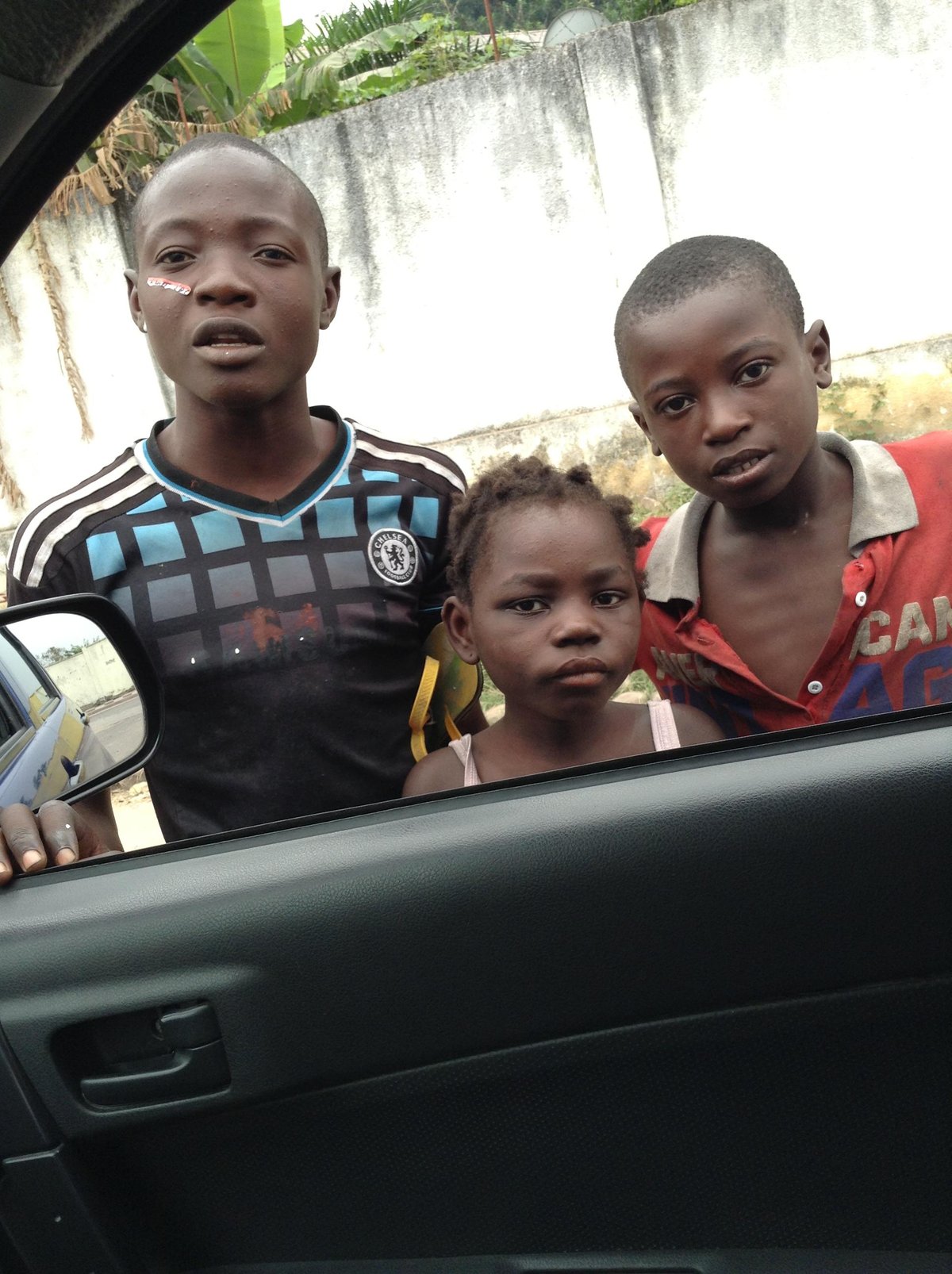
These Children Are Worn Down by Labor and Hopelessness
Another widespread phenomenon in the region is that of child labor. Commonly visible in the streets and bars and discos, children frequently carrying heavy loads on their heads, hawking the wares of some profiteer or another. They sell drinking water, groundnuts, vegetables, fruits and other beverages or soft drinks. Meanwhile, there are many others who work as maids and gardeners. Children near the river will fish for something to sell, and in the areas near the quarries, kids become marble crushers and related laborers.
When such a large swath of a nation’s children gets little formation or support, and they grow up in the streets doing work meant for adults, I have to wonder about the future.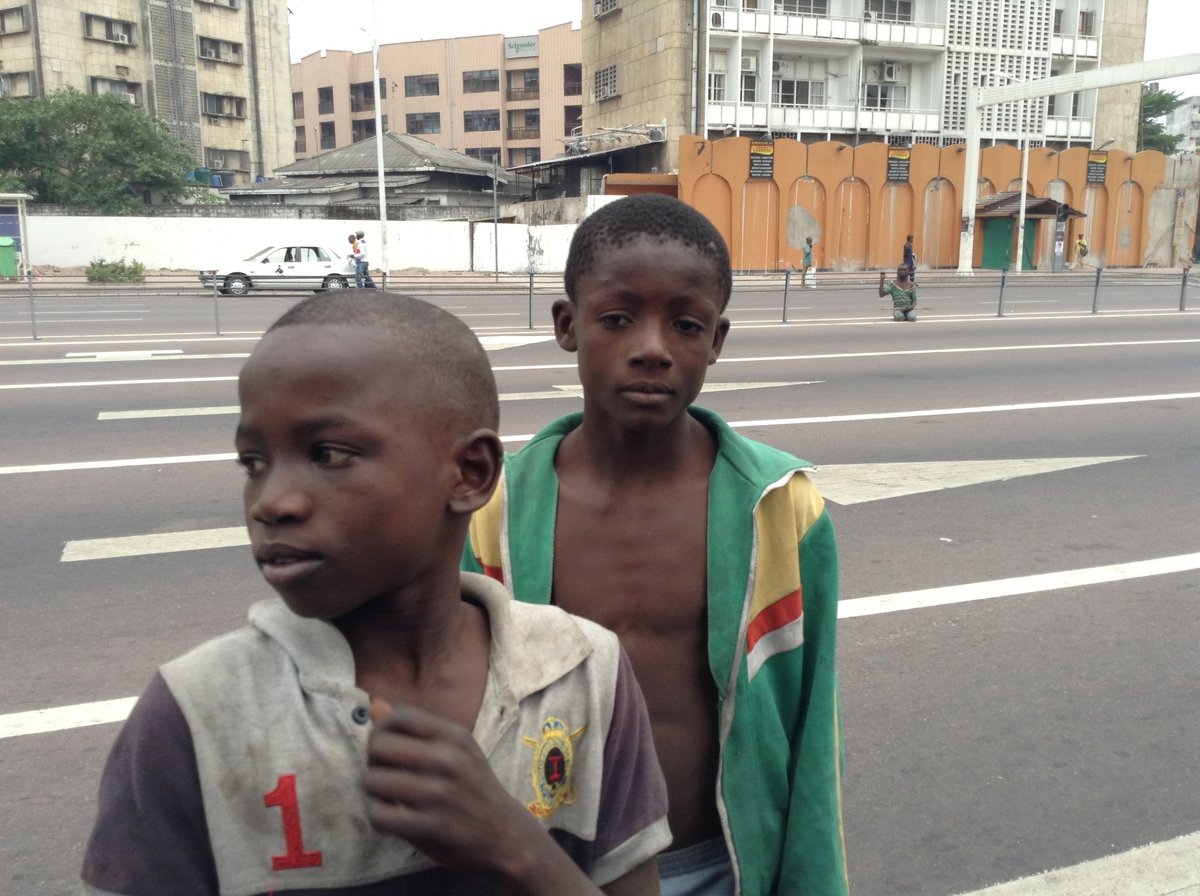
I have had the opportunity to interact with some of these children, and it was not surprising to me to learn that most of them are not leading this kind of life by their own choice. Based on their ages they are still children, but looking at what they are asked to do, you have the impression that they are adults. They share feelings of a loss of identity and mistreatment by their families. Most would be willing and happy to attend school instead, and live out a more normal childhood. There is already a foreboding sense among these children with an unclear identity.
They have the impression that they have no future: which leads me again to question the future for our nation. Without a proper education, will these street beggars and child laborers be able to cope with the modern world? While some around them are advancing and securing meaningful skills, the majority of street children are nursing inner wounds that lead to complex defensive and sometimes aggressive attitudes.
We Must Tackle the Vicious Cycle of Poverty for Our Youth
Poverty is indeed a common factor among entire regions and communities in this part of the country. And it is no doubt that poverty has been a significant factor leading to the breakdown of parental responsibility and lack of options for the children trapped in its vicious cycle. It thus requires the application of all available social, religious, and governmental forces. We must take action to remedy the lack of preparedness and provisions for the future of our citizens.
Our most important and modest initial contribution is to understand the issues. Then we can work toward rebuilding our country by illuminating and supporting the rights of children; we all have a duty protect them. If we work together to establish the structures necessary for the healthy development of our next generation, we will be on our way to improving the future for our entire nation.
In a world of unceasing change, education is the first strategy toward the preparation of our young people. Missionhurst-CICM in Kinshasa is working in various outreach efforts along those lines. It is our mission to align ourselves with the marginalized and the most needy. We are currently concerned with helping parents understand the impact of child labor, helping families to understand child labor laws, directing alternative endeavors, and education for the future.
It has been said by many leaders in many ways, that the future belongs to the nations that invest in and educate their citizens, especially the most vulnerable of the next generation.
This story was originally published in Missionhurst Magazine. For the complete article, along with many others, check out our most recent edition of Missionhurst Magazine.



